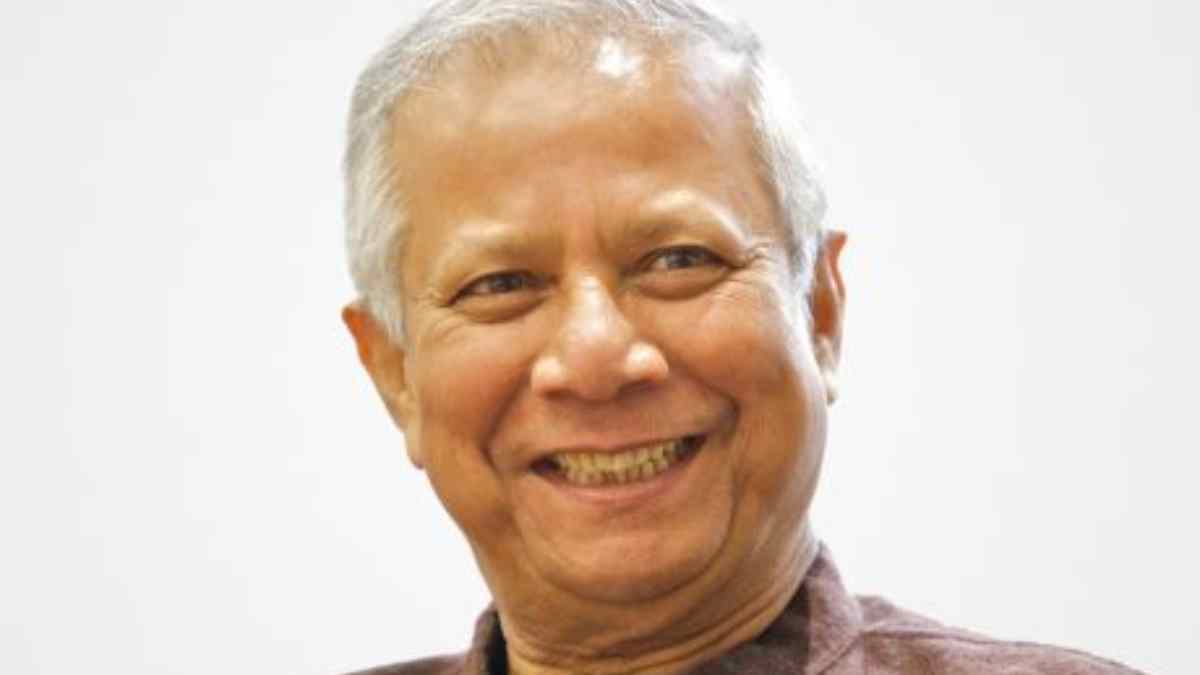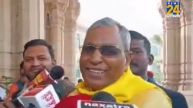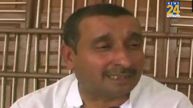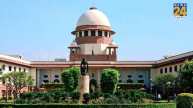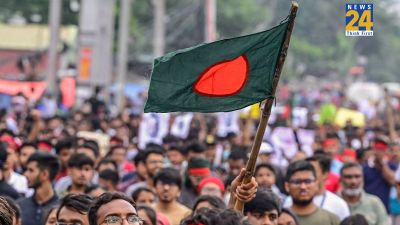From politicians like Palestinian Authority President Mahmoud Abbas to Nepalese Prime Minister KP Oli, business tycoons like Google CEO Sundar Pichai to common people of the Indian diaspora, Prime Minister Narendra Modi met many people besides attending the Quad Summit in Joe Biden’s hometown of Delaware during his US trip. However, he did not meet the Chief Advisor to the Bangladesh government. Though both governments are tight-lipped over the development, media reports suggest the Indian Prime Minister refused to meet Mohammad Yunus, though Dhaka requested a one-to-one closed-door meeting between the two leaders on the sidelines of the UN General Assembly meeting.
Frosty India-Bangladesh Ties
Modi was one of the first leaders to call the Nobel Laureate after he assumed the responsibilities of the Chief Advisor to the Bangladesh government. Yunus reciprocated by assuring Modi to ensure the safety and security of minorities, particularly Hindus. But the short conversation between the two leaders failed to melt the ice and the ties remained frosty between the two neighbours.
Anti-India Rhetoric In Bangladesh
The anti-India feelings in Bangladesh are running so high that Dhaka has stopped all kinds of exports to India, the political leaders compete with one another in attacking India and some of them have gone to the extent of threatening to ‘liberate the seven sisters from India’ and making nuclear bombs taking assistance from Pakistan.
Will Dhaka Press For Hasina’s Extradition?
However, India is peeved at Bangladesh’s oblique threat to demand the extradition of its former Prime Minister Sheikh Hasina. While Foreign Affairs Advisor to Dhaka, Touhid Hossain has raised the issue, acknowledging it could create an ‘embarrassing situation for India,’ Yunus also asked New Delhi to ask Hasina to keep her mouth shut till Dhaka requests for her extradition.
India Irked At ‘Megaphone Diplomacy’
If media reports are to be believed, India wants to improve the relations that have hit rock bottom, but it is not happy with Bangladesh’s openly attacking India on several issues. New Delhi has emphasized that Dhaka officials should talk to their Indian counterparts on any issue, rather than talking to the press openly. India has called it ‘megaphone diplomacy’.
Trade Relations Hit Hard
Dhaka also sent a very strong and wrong signal to India when it targeted Adani Power and declared to review the deal signed between the two countries, accusing Sheikh Hasina’s government of signing an unequal deal to favour India. It came after Adani Power asked Dhaka to pay its dues of $80 million. The power company pleaded that it too had to pay for its bills for imports of coal and asked Bangladesh to pay at least $50 million. But the economy of Dhaka is so tattered that it cannot pay this much right now.
Has India Put All Eggs In One Basket?
Political observers believe India has committed the mistake of putting all of its eggs in one basket and now it is suffering its consequences. Diplomatic experts believe India did not reach out to the opposition Bangladesh Nationalist Party and kept on supporting the Awami League. After the students’ movement forced Sheikh Hasina to resign and flee the country, the BNP once again tried to reach out to New Delhi, but India did not reciprocate. Besides, Bangladesh Jamaat-e-Islami has tried to contact India, but the government kept itself away.
Will India Talk To Jamaat-e-Islami
Some political observers believe India should accept the harsh realities and admit that it has to deal with the government of the day, whoever it may be. But others feel it is quite difficult for India to have a good relationship with Jamaat considering its Islamist politics. To have a cordial relationship with an Islamist party is also not possible considering the politics of Hindutva practiced by the ruling party of India.
By rejecting Dhaka’s request for talks on the sidelines of the UNGA meeting, India has once again flexed its muscles and indicated a tough stance, it is too early to say how Bangladesh would react.

